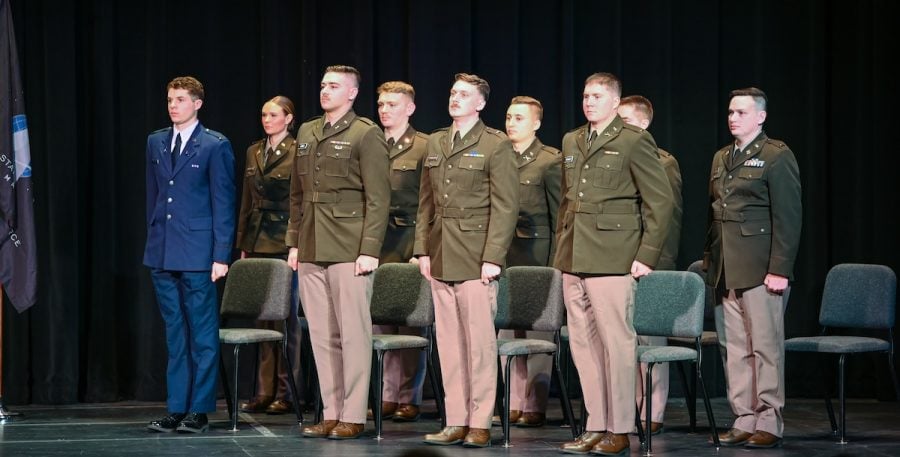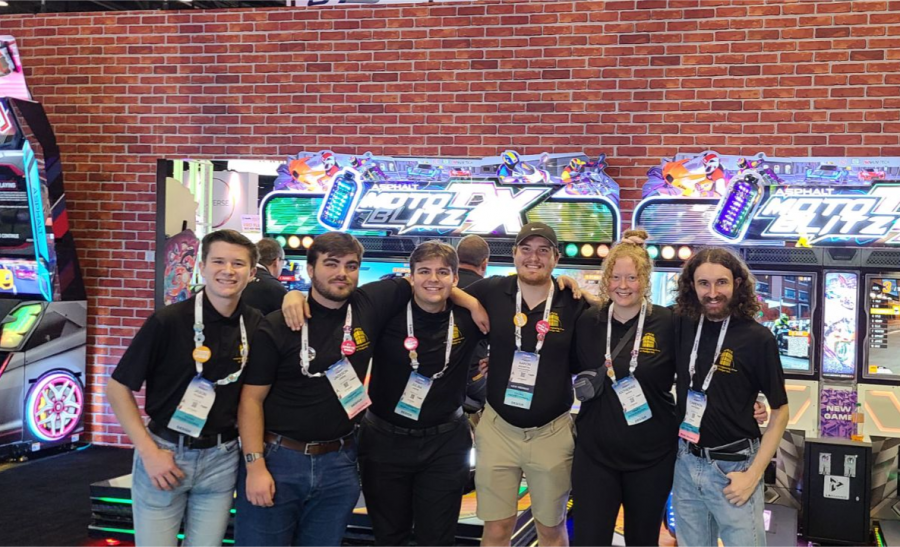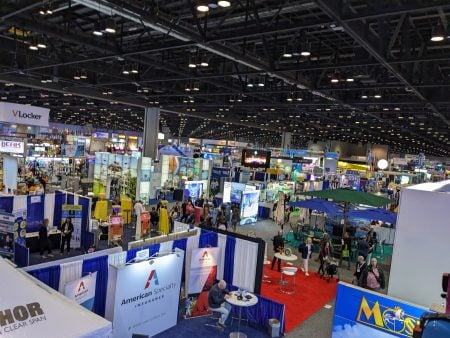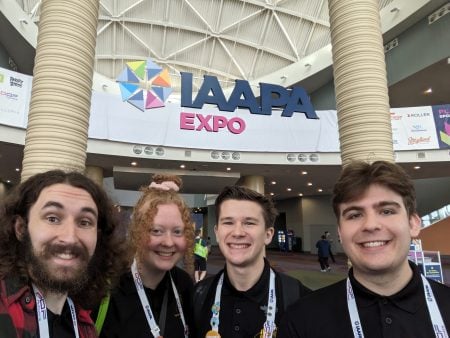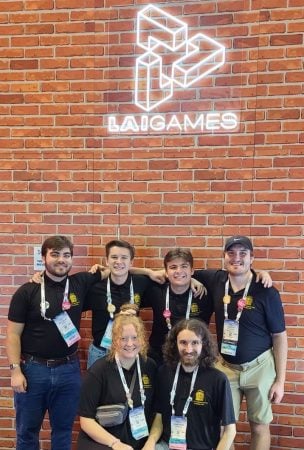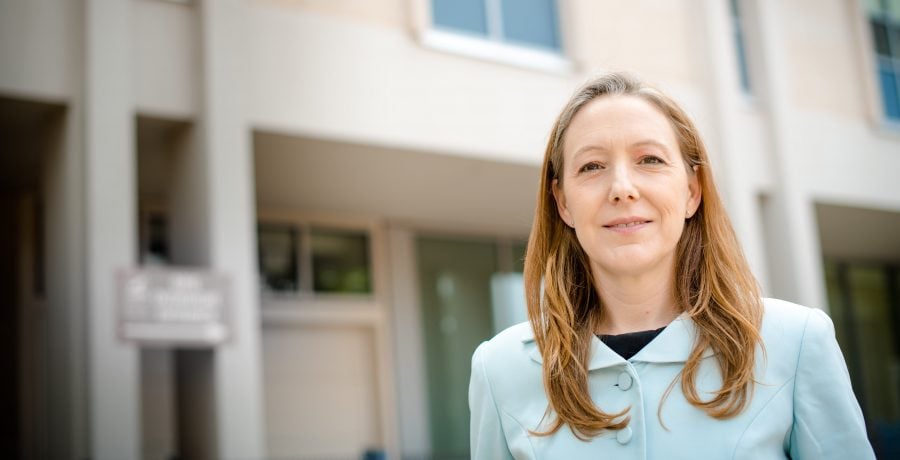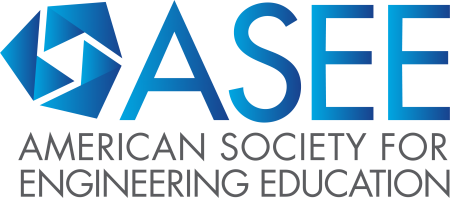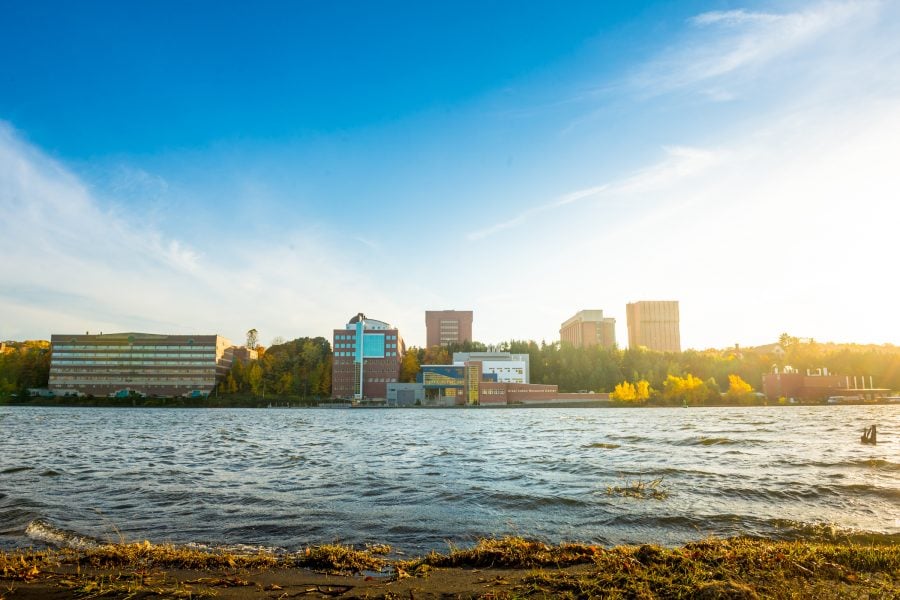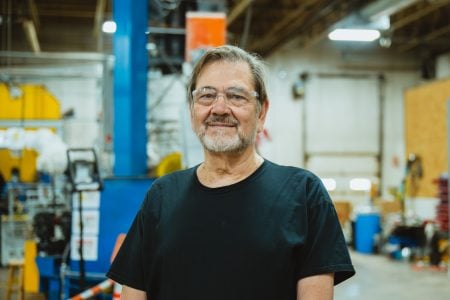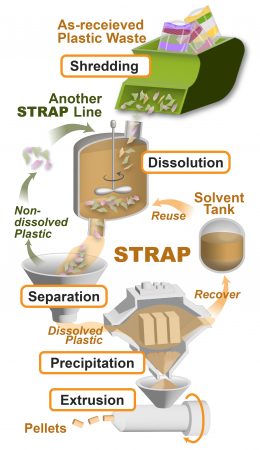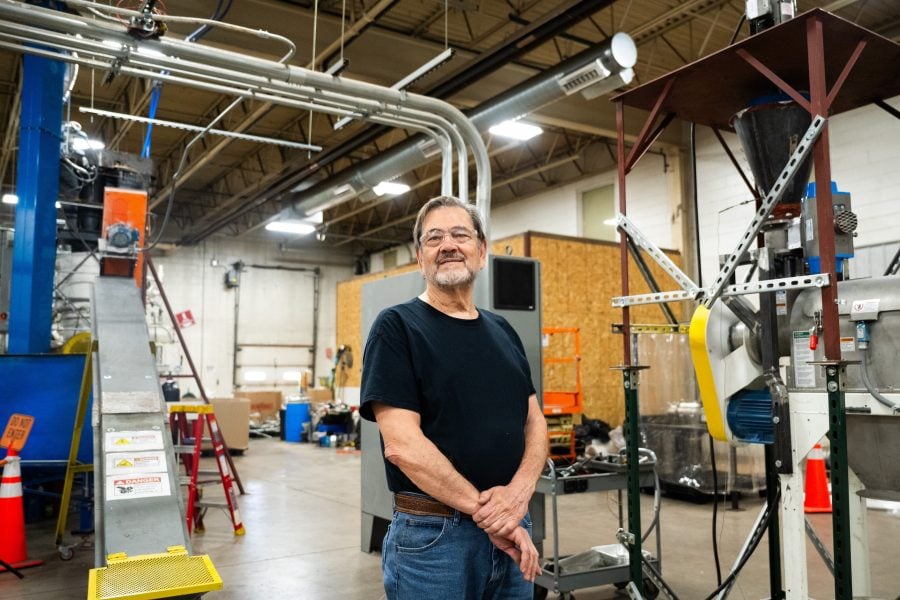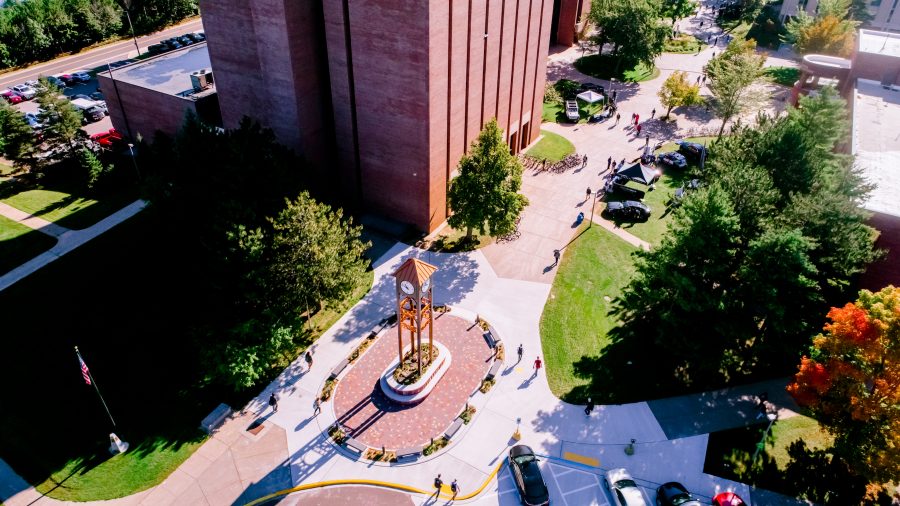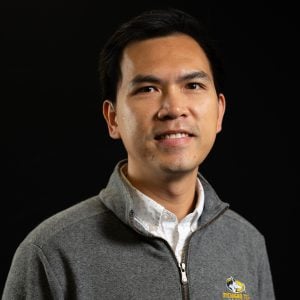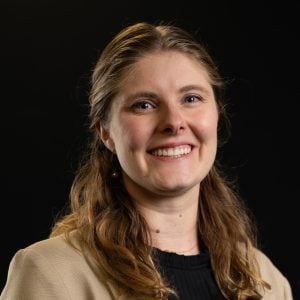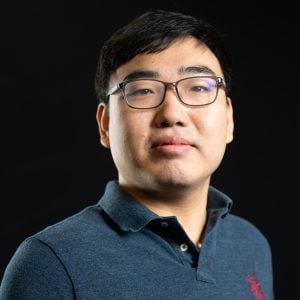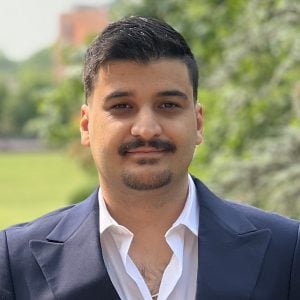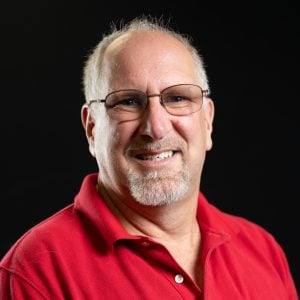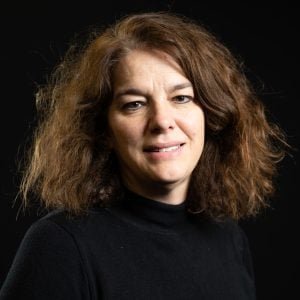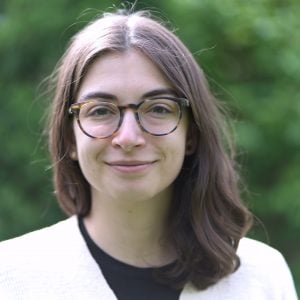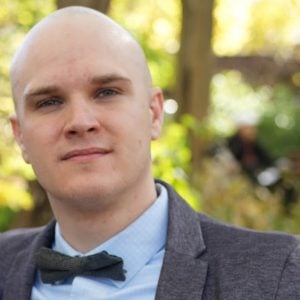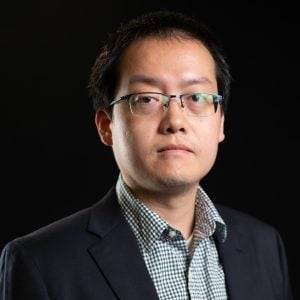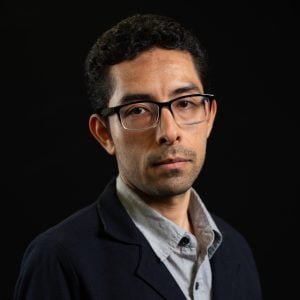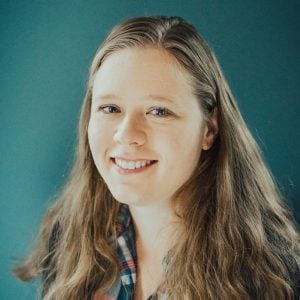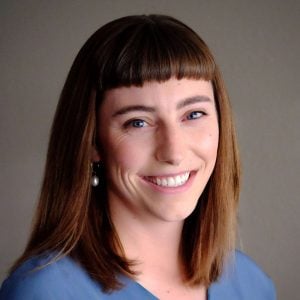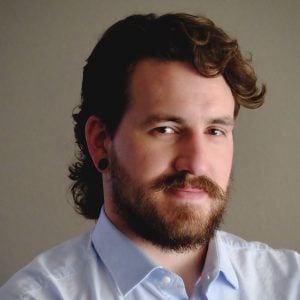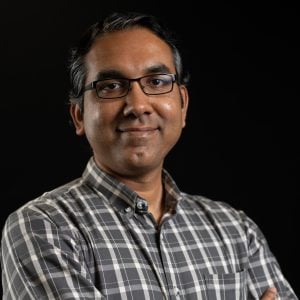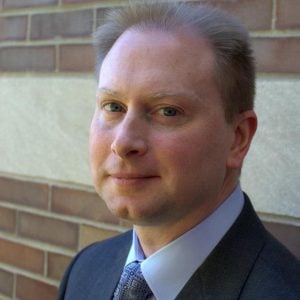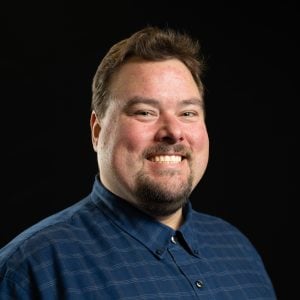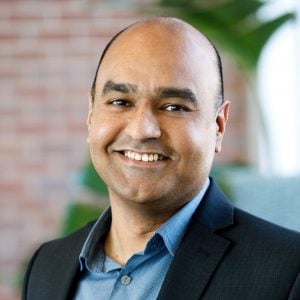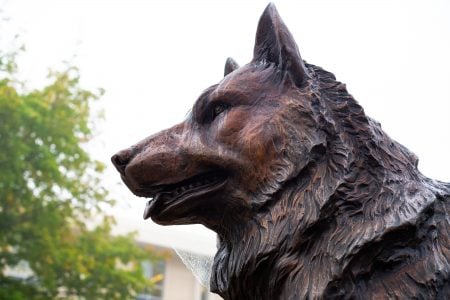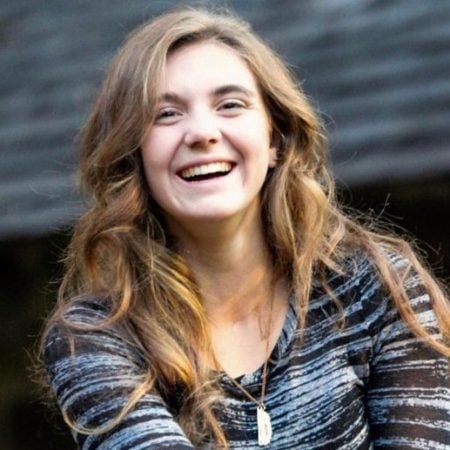
Miranda Meyers, an electrical engineering undergraduate student at Michigan Technological University, recently presented at the 2023 Defense Manufacturing Conference (DMC) in Nashville, Tennessee, which took place December 11-14. Her presentation was titled “Embedded Component Circuit Design.”
Meyers has spent the past few years working on campus as an undergraduate researcher in the lab of Christopher Middlebrook, a professor of electrical and computer engineering.
“I am always completely thrilled after a participant comments ‘Your graduate student did a fantastic job presenting her research. How long has she been in grad school?,'” says Middlebrook. “I love the smile on their faces when I tell them ‘thank you, but she is still an undergraduate student.'”
DMC is the nation’s annual forum for enhancing and leveraging the efforts of engineers, managers, technology leaders, scientists, and policy makers across the defense manufacturing industrial base. About 1,000 attendees are primarily government and industry participants, with a smaller complement from academia.
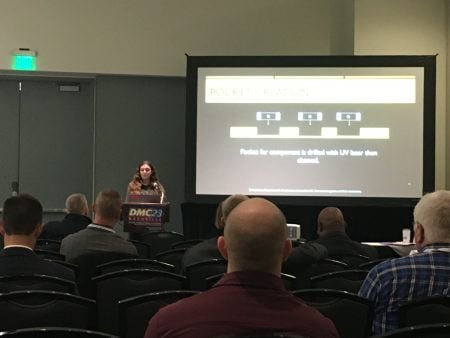
As an undergraduate researcher, Meyers works to develop, design and manufacture circuit boards using UV laser technology. She uses Altium circuit design software to create unique and specific circuit boards, and analyzes results using MATLAB and Mathematica. She also assists in teaching a PCB manufacturing class.
Meyers is also a member of MINE, the Michigan Tech Multiplanetary INnovation Enterprise, a team of students who design, test, and implement robotic technologies for extracting and using local resources, construction, and characterization in extreme environments.
The DMC is jointly conducted by the Joint Defense Manufacturing Technology Panel (JDMTP) and coordinated through the event organizer, ARCTOS. The JDMTP, executed under the authorities outlined in title 10 of U.S. Code § 4842 serves to ensure coordination and collaboration across the Department of Defense Manufacturing Technology (DoD ManTech) Program. The service and agency ManTech programs primary purpose is to further the national security objectives outlined in title 10 of U.S. Code § 4841.

